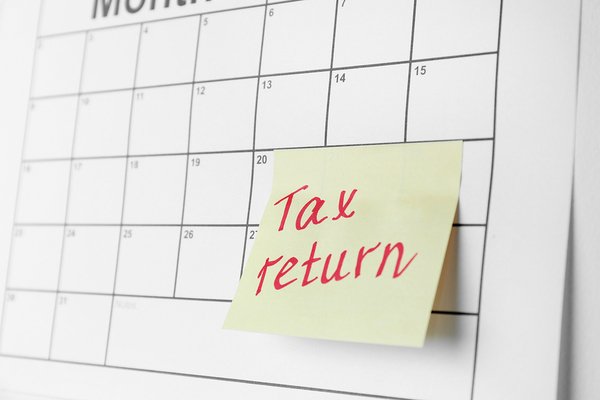How Bitcoin Investors Prepare for Tax Season

If you have or you plan to invest in bitcoin, there are tax implications of which you need to be aware. Capital gains generated through bitcoin are subject to tax liability.
The Internal Revenue Service (IRS) has specific guidelines on the taxation of digital currencies. It states:
"For federal tax purposes, virtual currency is treated as property. General tax principles applicable to property transactions apply to transactions using virtual currency."
Bitcoin Treated As Property
For the IRS to calculate federal tax liability, it treats bitcoin as property. Bitcoin investors are required by law to keep track of their profits and losses.
This information must be reported to the IRS using Schedule D and Form 8949. The same type of reporting is used for bonds and stocks.
Bitcoin Does Not Have Anonymity
Original advocates of bitcoin perceived the currency as being anonymous. This, however, is not the case. Bitcoin is not completely anonymous.
When investors use a bitcoin address for their transactions, they leave behind a transaction trail to that address. As a result, it is not possible for investors to hide bitcoin transactions, should they choose to try.
Keep A List Of Your Transactions
As mentioned, bitcoin must be reported to the IRS, therefore you need to keep track of all digital currency transactions. Jason Tyra is a bitcoin specialist, and he explained to the Balance the importance of keeping bitcoin records:
"The key thing going forward is maintaining records, substantially similar to stock. Incomplete records might as well be no records."
It is important to keep track of volume, price, and time of bitcoin transactions. Using a Google Doc is an easy way to store this data; it also protects you from losing information on a hard drive.
Working Out What You Owe
When you have all your transactions documented in one place, you can then calculate what you owe the IRS for your gains and losses. To do this, you will need to calculate the fair market value of bitcoin when you bought and sold it.

Simply put, you have to figure out what your transactions equaled in U.S. dollars. The guideline from the IRS state:
"If a virtual currency is listed on an exchange and the exchange rate is established by market supply and demand, the fair market value of the virtual currency is determined by converting the virtual currency into U.S. dollars."
Remember, each state has different tax rates. There are also different rates for long-term and short-term capital gains.
To Sum Up
Whether you are a new or experienced bitcoin investor, you need to be aware of the tax implications for digital currencies.
The IRS has been clear that bitcoin falls into the same tax category as property. It is important to follow the steps outlined in this article when filing your taxes. It is also a good idea to consult with a tax professional to make sure you are filing correctly.
To keep up-to-date on the latest bitcoin developments, subscribe to the Bitcoin Market Journal investor newsletter today.